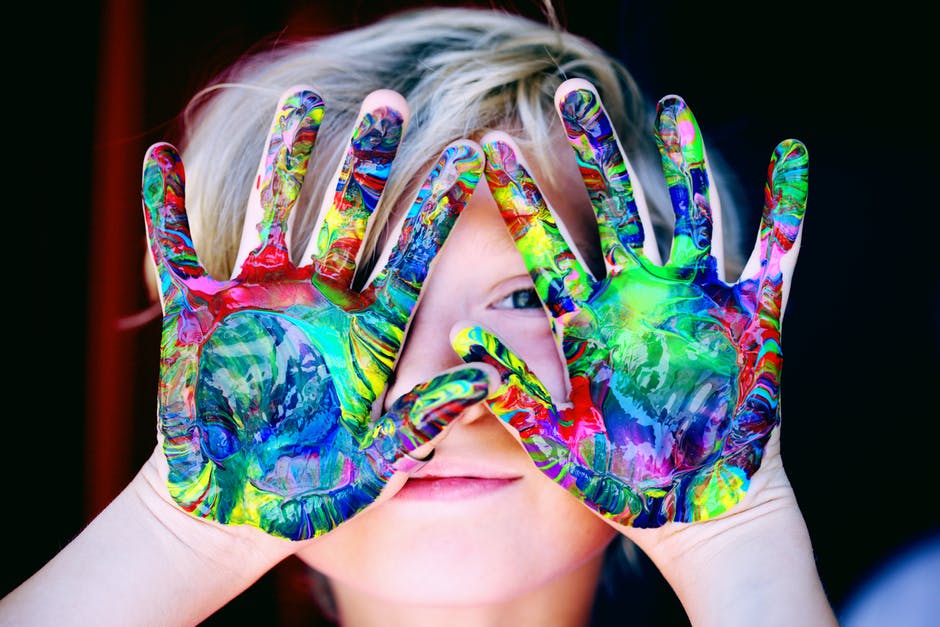Has your child ever showed signs of emotional, behavioral, social, or academic issues? Have they recently gone through something disruptive or traumatic?
If so, play therapy could be the perfect solution for your family. Since traditional therapy can be too intense for a child, engaging in play alongside the therapist can give them a unique opportunity to heal and grow.
Play therapy for toddlers and even youth can have a huge impact on your child’s wellbeing. Keep reading to learn everything you need to know about play therapy and its benefits.
What Is Play Therapy Exactly?
Play therapy involves playing with different toys and games with a knowledgeable counsellor. The goal of each session is to help children relax and feel comfortable sharing their feelings and thoughts on a wide range of subjects.
Playing gives children a lot of mental distance from their issues. This often means they are better at expressing themselves. Even if they’re asked to talk about painful or frustrating things, playing is a big enough distraction that can ease their discomfort during the session. While their brain is somewhat distracted, it is able to access some deeper content without the intensity that accompanies the challenging feelings or thoughts.
What Are the Benefits of Play Therapy?
Play therapy is a unique and effective way to nurture children’s mental health. Since sitting face to face with a stranger can feel scary, play therapy can help break the ice and help children open up more.
When done right, play therapy can improve children’s social, communication, and problem-solving skills. Playing makes children more receptive to a therapist’s help. Also, the act of playing is also valuable because it teaches children important skills.
Which Children Should Get Play Therapy?
Play therapy can help anyone at any age, including adults. Play therapy is most useful for children who have experienced trauma or have academic, social and/or behavioural issues.
For example, children who have emotional challenges can learn how to express themselves in healthy, productive ways by sharing both their feelings and their thoughts.
Children with learning disabilities can work through their frustrations while also sharpening their problem-solving abilities.
What Types of Activities Are Done in Play Therapy?
There are many different types of activities your child can do in a play therapy session. Although any activity can be beneficial, some activities are more productive for certain issues.
Children with learning disabilities can do activities that give their brain a workout. Children who’ve experienced trauma can express themselves through expressive activities such as drawing.
Are You Ready to Get in Touch With the Best Play Therapists?
As you can see, play therapy is an effective way to nurture your child and help them grow. Prioritizing their mental health at a young age can help encourage them to continue self-care practices as they grow into adults.
Are you ready to help your child thrive? If so, Crossroads Collective would love to take care of your family’s needs. Contact us to learn more about our dynamic services and to schedule your first appointment.

